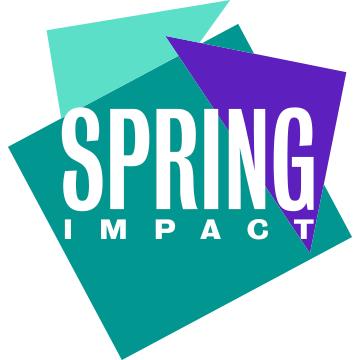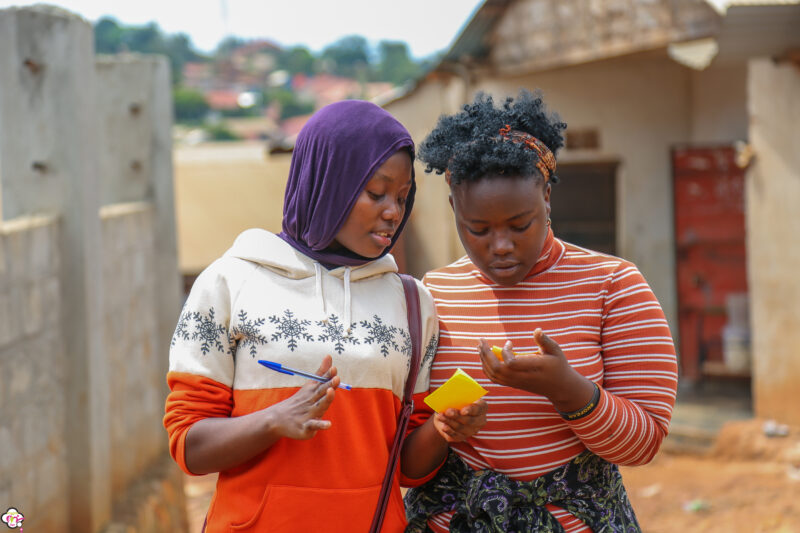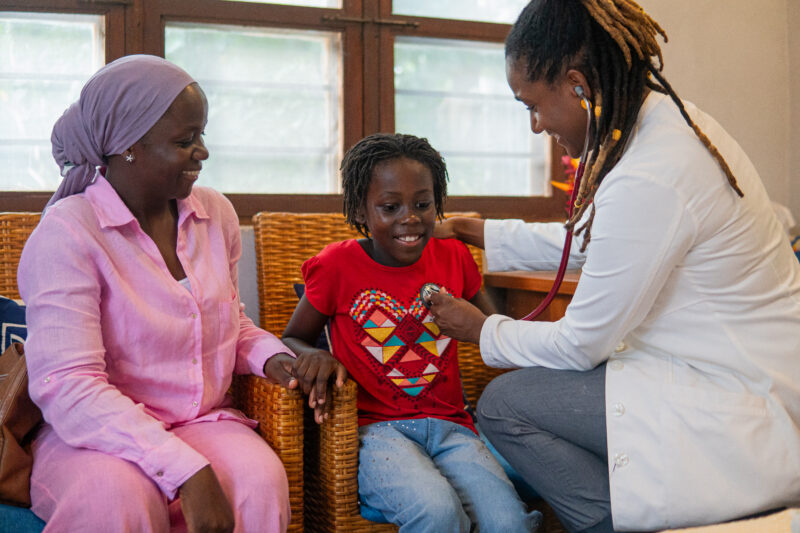Meet the cohort
Toolkit is a digitally innovative social enterprise that equips women and youth with market-driven skills in sectors like digital work training, organic farming, construction, and renewable energy. Having reached over 10,000 individuals, their approach transforms vulnerable communities into confident, skilled and productive workforces.
Through the programme, Toolkit aims to scale their holistic, employment-linked training model, equipping more young women with skills to secure employment or start their own businesses, empowering women with sustainable economic opportunities and fostering long-term career success.
Based in Zanzibar, Wajamama is a women-led grassroots organisation dedicated to improving access to reproductive, maternal and child healthcare in marginalised communities, especially during the critical first 1,000 days of life.
Their model, Uzazi Bora Pamoja, combines nurse midwives lead group sessions in public clinics, with clinical care, health education, and peer support across pregnancy and early parenthood. They are looking forward to scale this integrated care approach to empower more women and build community-led health support systems.
MESPT supports micro, small, and medium enterprises by enabling access to capital, improving productivity, and connecting farmers to markets.
The organisation is scaling their financial inclusion model, focusing on improving access to agricultural credit for women and youth. Participants receive training in farming as a business, are linked to markets, and strengthen savings groups. Their goal: boost female access to credit from 40% to over 70%, and reach thousands more smallholder farmers.
Imagine Her empowers rural young women in Uganda to become resilient social entrepreneurs through resources, training, and mentorship.
Their Social Enterprise and Innovation Programme supports participants from idea to growth stage, equipping young women in rural Uganda with the tools, resources, and support to become successful social entrepreneurs. Their three-part model includes entrepreneurship training, access to flexible returnable capital, and personalised venture support, an approach they now plan to expand.
Mtindo is creating jobs in Uganda’s apparel industry by offering apparel entrepreneurship training through its tailoring academy and employing graduates through its tailoring factory.
By scaling their hybrid model, Mtindo aims to unlock more employment pathways and access to decent salaries for women while building a stronger local apparel economy.
Zena Launch Pad combines paid employment in a jewellery studio with entrepreneurship training to help women in rural Uganda build independent livelihoods. Participants earn and save their own start-up capital while building skills in literacy, business, leadership, and digital tools.
With Scale Accelerator support, they aim to scale their one-year programme, reaching more women with holistic support and a pathway to economic empowerment.
Girl Up improves education and employment opportunities for adolescent girls and boys through leadership training, sexual health education, and skills development.
Their solution offers hands-on training in fashion and design, digital literacy, and mechanical trades, alongside practical life skills training. The programme opens pathways to employment or entrepreneurship, breaking down social and financial barriers that limit opportunity for girls and young women in underserved communities.
Clean Start supports women impacted by the criminal justice system with advocacy, rehabilitation, and entrepreneurship training to successfully reintegrate into society, aiming to break the cycle of poverty and recidivism.
They plan to scale business hubs that offer vocational skills and financial empowerment, helping formerly incarcerated women overcome stigma and exclusion and rebuild their lives with dignity.
Somo empowers entrepreneurs in marginalised communities through training, mentorship, seed funding, and market access.
Their holistic programme supports women entrepreneurs with mobile-friendly business training, personalised mentorship, access to funding, financial tracking tools, and a strong support network, empowering them to grow their businesses, gain financial independence, and drive change in their communities.
This Nairobi-based nonprofit trains women and youth in digital skills, electronics repair, and e-waste management, providing tech education that combines economic empowerment with sustainability.
They are looking forward to scale their 6-week Digital Skills & E-Waste Recycling Incubation Programme to reach more women with in-demand tech skills and green income opportunities such as computer repair, mobile servicing, and e-waste recycling, alongside business training in financial literacy and entrepreneurship.
Working in the Maasai Mara, The Maa Trust supports community development alongside wildlife conservation, running programmes in education, healthcare, sustainable livelihoods, and environmental stewardship, empowering women through income-generating activities.
Their current focus is scaling a gender equality programme within the conservation sector by training rangers and tourism staff on gender equality, women’s rights, and reproductive health. These influential community figures become advocates for change, supported by co-created workplace policies and reporting procedures. The initiative challenges discrimination and promotes inclusive, sustainable employment.
FIRD works with rural communities on gender equality, climate justice, and economic empowerment through digital training, community radio programmes, sustainable farming and advocacy against gender-based violence.
They plan to expand their programme that trains on land rights, agriculture, business skills and savings. As a result, they increase income, improve food security, build climate resilience and strengthen the well-being of their families and communities.
KDII improves menstrual health management by teaching women how to produce and sell reusable sanitary pads, focusing on areas with limited access to menstrual supplies. Through its facilities, KDII has reached up to 300,000 households, providing affordable, safe, and eco-friendly menstrual products.
Their scale goal: empower women to gain income and independence while helping improve menstrual health and reduce school absenteeism in their communities.
Ustawi is a cooperative promoting collective entrepreneurship and sustainable agriculture in rural Kenya.
They aim to scale their work with women farmers supporting them to move from subsistence to profitable agribusiness by providing hands-on training in regenerative agriculture, climate-smart farming and water harvesting.
This civic tech and digital rights organisation bridges the digital gender divide with tools like online radio and mobile voice platforms.
They are looking forward to scale their Mobimoc IVR Platform, a voice-based service that empowers rural women and girls by delivering vital information on farming, health, and finance to rural women via basic mobile phones in their local language. With no need for internet access or smartphones, women gain knowledge, confidence and a stronger voice.



